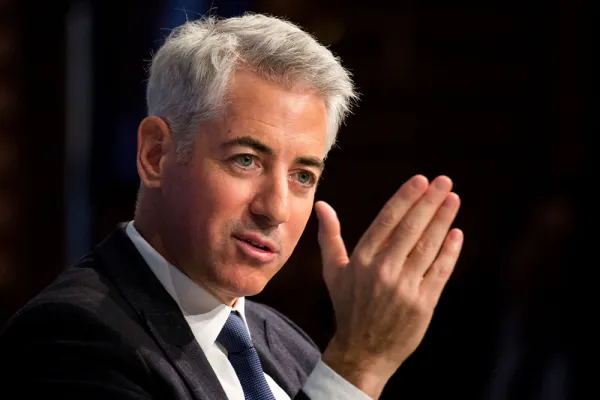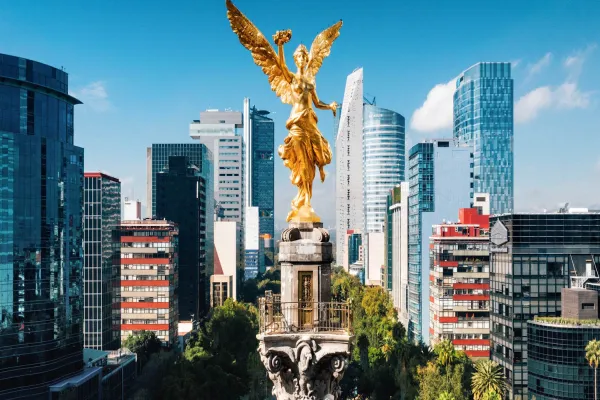When the U.S. District Court for the Central District of California last week dismissed a lawsuit brought by Herbalife shareholder Abdul Awad against the multilevel marketer of nutrition products, Herbalife hailed it as a victory. “We are confident in the strong fundamentals of our business model and remain committed to helping people and communities improve their nutrition," it proclaimed in a one-sentence statement.
It was the first lawsuit brought by a shareholder since Pershing Square Capital Management’s William Ackman announced in December 2012 that he was heavily shorting Herbalife’s stock, calling the company a pyramid scheme. On Friday, the New York-based activist hedge fund firm fired off a press release intended to correct what it describes as “erroneous press reports” that Ackman and Pershing Square were parties to the Awad case, asserting that they have not brought a lawsuit against Herbalife.
“Despite Herbalife’s misleading public suggestions, the Court’s decision did not address in any way whether Herbalife is an illegal pyramid scheme, nor did the Court exonerate or bless Herbalife’s business practices,” Pershing Square’s statement asserts. It adds that Awad was trying to recover damages due to recent declines in Herbalife’s stock price after reports the government began looking into possible deceptive practices. “To sustain his claim, Awad had to show that recent charges against Herbalife are based upon new information, previously withheld from investors,” Pershing Square adds. Ackman points out that the Court determined that Awad should have known about reports claiming Herbalife might be a pyramid scheme.
—
A total of 1,040 hedge funds were launched last year, down slightly from 1,060 funds launched the previous year, according to a new report from Chicago-based industry tracker Hedge Fund Research. It was also the third straight year that new hedge fund launches declined. The number of new funds was also well below the peak of 2,073 launched in 2005. However, there were only 659 in 2008, the trough year. This was not surprising since most people feared the financial world was collapsing that year.
“The competitive environment to launch new funds continues to be challenging, and funds which fail to perform are vulnerable to investor redemptions and, ultimately, closure,” says Kenneth Heinz, president of HFR, in a press release.
HFR also reports that 864 hedge funds shut down last year, compared with 904 liquidations in 2013. HFR says hedge fund liquidations have risen “steadily” since 2010, when 743 funds closed. The average fund that liquidated in the fourth quarter of 2014 had about $76 million in assets one year prior to closing, according to the report.
Meanwhile, HFR reports that fees continue to go down. It says average management fees declined by three basis points, to 1.51 percent, while the average incentive fee fell by 40 basis points — or nearly a half of a percentage point — to 17.8 percent. The story is different for new funds. Hedge funds launched in 2014 charged, on average, 1.57 percent of assets, up from 1.42 percent in 2013 but in-line with previous years. The average incentive fee for funds launched in 2014 rose to 17.35 from 16.99 in 2013. Even so, this is the second lowest incentive fee in a launch year since 2003, according to HFR.
—
Ricky Sandler’s Eminence Capital disclosed that it boosted its stake in GNC Holdings by nearly 900,000 shares, to 4.6 million shares, or 5.2 percent of the health and nutrition products retail chain. The holding is reported in a 13G filing, meaning it is a passive investment.
—
The SS&C GlobeOp Forward Redemption Indicator rose to 3.91 in March, from 3.64 percent the previous month. "March redemption requests are in line with prior-year levels and represent quarter-end activity, plus slightly higher redemptions planned for the long-term," says Bill Stone, chairman and chief executive officer of SS&C Technologies, in a press release.






